Children’s Bible Program – Level 1: Lesson 27 “Abraham and Sarah Have a Son”
Read Together: Abraham and Sarah were very sad that they had no children. God had promised Abraham that he would be the father of many nations, and that his descendants would be as numerous as the sand on the seashore. Yet Abraham and Sarah were old—too old to have children. Even so, Abraham and Sarah believed God would keep His promises, and He did. When Sarah was 90 years old and Abraham was 100, Sarah gave birth to a little baby boy! They named him Isaac as God instructed. After waiting 25 years, their promised son had finally arrived. You can imagine how happy they were to meet their new baby!
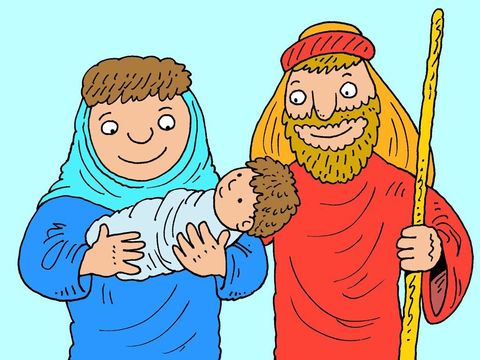
Read Together: Genesis 17-21 (Read selections as desired)
Discuss:
- Ask your child if it is easy to wait on something that you want badly. Can they think of anything they really want but haven’t received as yet? Help them to imagine how Abraham and Sarah might have felt waiting for a child to be born.
- Help your child to understand that God does things when it is the right time to do them. We have to learn to be patient and wait for God to fulfill His promises just as Abraham and Sarah waited.
- Ask your child what they think Isaac was like since his name meant laughter.
- Explain to your child that Abraham had other children, but only Isaac was the son that God promised. Though the other children received different gifts and blessings, God told Abraham that He would pass on His covenant through Isaac.
Review Memorization:
Genesis 22:18 “In your seed all the nations of the earth shall be blessed, because you have obeyed My voice.”

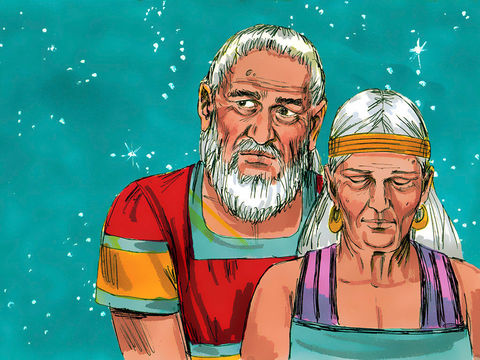
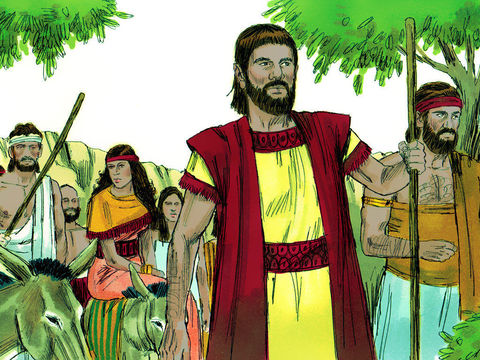
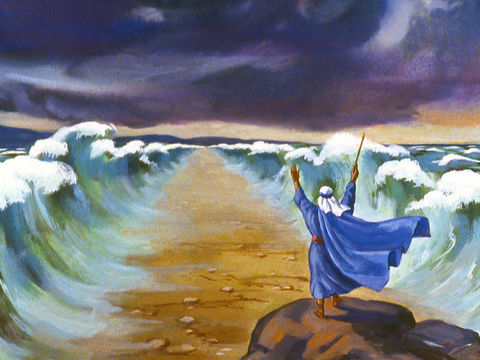
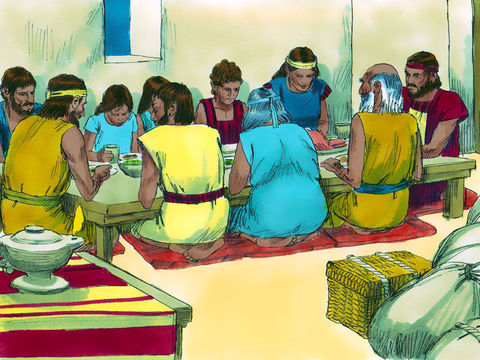
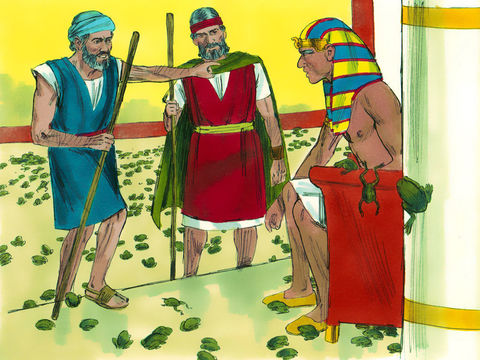
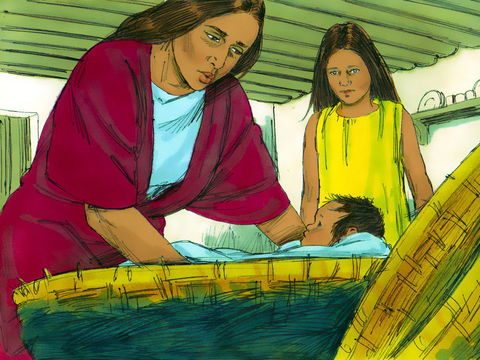
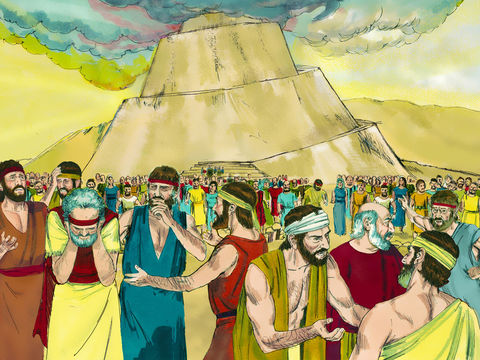
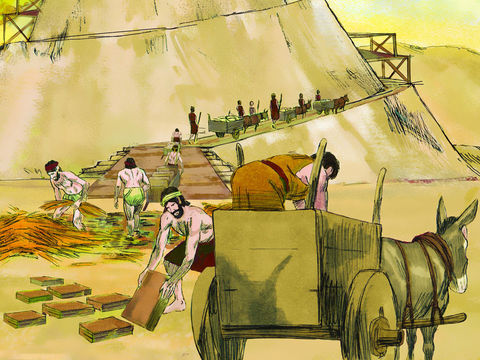
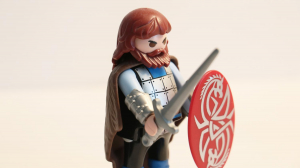 Read Together: After the flood, people began to raise families, and gradually moved further and further away from where the ark had come to rest. The Bible tells us about the families of Shem, Ham, and Japheth, and how they began to populate the earth. We read about one man who became famous as a great hunter. This man’s name was Nimrod, and he was the grandson of Ham, one of Noah’s three sons. As his fame grew, he was idolized by many. In fact, some people began to look to Nimrod instead of God for protection and leadership. They called him “the mighty hunter before [“instead of” or “in place of”] the Lord” (Genesis 10:9). Remember, God had commanded the sons of Noah to fill the earth (Genesis 9:1). But proud Nimrod rebelled against God, building cities and a kingdom. One of the cities he built was the famous Babel, where the people began to build a giant tower, reaching into the sky.
Read Together: After the flood, people began to raise families, and gradually moved further and further away from where the ark had come to rest. The Bible tells us about the families of Shem, Ham, and Japheth, and how they began to populate the earth. We read about one man who became famous as a great hunter. This man’s name was Nimrod, and he was the grandson of Ham, one of Noah’s three sons. As his fame grew, he was idolized by many. In fact, some people began to look to Nimrod instead of God for protection and leadership. They called him “the mighty hunter before [“instead of” or “in place of”] the Lord” (Genesis 10:9). Remember, God had commanded the sons of Noah to fill the earth (Genesis 9:1). But proud Nimrod rebelled against God, building cities and a kingdom. One of the cities he built was the famous Babel, where the people began to build a giant tower, reaching into the sky.